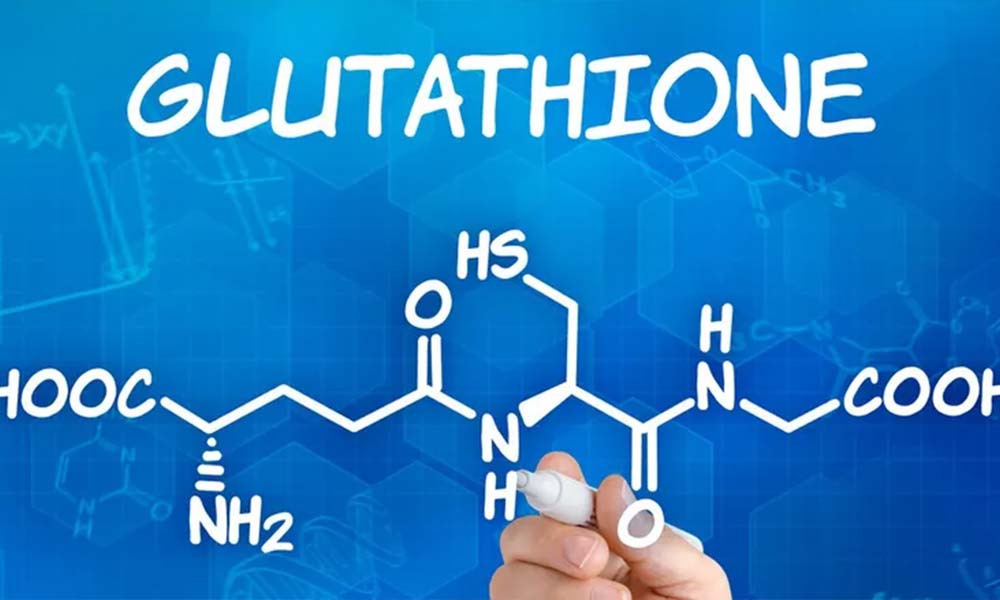
Glutathione is an antioxidant substance, naturally present in the human body. So what are the benefits of Glutathione? How to increase glutathione level? General Surgery Specialist Op. Dr. Salim Balin gave information about the subject.

Glutathione, which is considered one of the most important antioxidants in the body, has many benefits for the human body. Glutathione is continuously produced in the body, but glutathione levels may decrease due to factors such as aging, stress and some diseases. General Surgery Specialist Op. Dr. Salim Balin gave information about glutathione.What is glutathione?
Glutathione is a miraculous natural treasure synthesized by many cells in the human body. When we look at what glutathione, which we have heard its name frequently in recent years, is like the body's cleaning staff.
Glutathione, which is a powerful anti-oxidant, strengthens the immune system while strengthening the immune system on the one hand, on the other hand, it ensures that heavy metals and toxins accumulated in the body are removed from the body and prevents inflammation.
Left unchecked, oxidative stress can contribute to numerous health problems and chronic diseases, including diabetes, auto immune diseases (Hashimoto's Disease, etc.), cancer, cardiovascular disease, Alzheimer's, kidney disease and more. There is a link between oxidative stress and almost every disease you can think of. Think of it this way: glutathione is as important for the cleanliness of our cells as cleanliness is in a regular kitchen.
As you age, your body's ability to produce glutathione decreases, leaving it more vulnerable to various diseases and health problems. Alcohol consumption, fast-food, junk-food eating habits quickly reduce glutathione levels.
Glutathione contains sulfur molecules, so foods high in sulfur can help increase its natural production in the body.
Cabbage, cauliflower, radish, garlic, onion, eggs, asparagus, avocado, spinach, okra, cauliflower, tomatoes, carrots, Brussels sprouts, leeks, zucchini, parsley, beetroot, turmeric, cinnamon, cardamom, flaxseed, seaweed and cumin are rich in glutathione sources, some of which support its production. We should not miss this variety of nutrients on our tables. Insufficient sleep negatively affects glutathione levels. Getting enough rest on a regular basis can help increase levels. In addition, studies have shown that moderate intensity exercise (brisk walks for 30 minutes a day) also contributes positively to glutathione levels.
Especially in some diseases, intravenous glutathione support can be taken to sharply manage and reverse the process. Among these diseases, diabetes, Parkinson's and Alzheimer's diseases, Hashimoto's disease, fatty liver disease can be taken iv (intravenously).
The most effective method for increasing glutathione is to receive glutathione treatment intravenously. Because oral supplements do not work well enough. When taking intravenous supplements, you should definitely buy from reliable centers and make sure that glutathione brought through the pharmacist chambers is used. In places called under the stairs, drugs of unknown origin are used. These should definitely be avoided and intravenous glutathione treatment should be taken under the control of a specialist physician.

